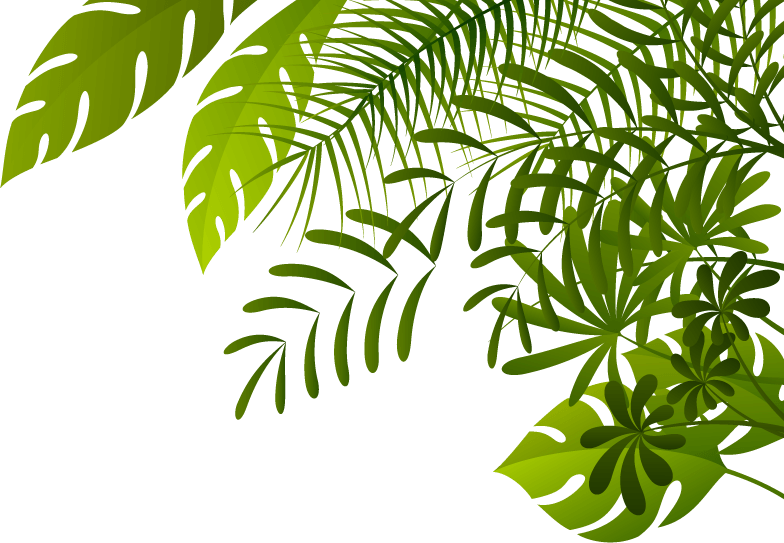
This image has format transparent PNG with resolution 784x543.
You can download this image in best resolution from this page and use it for design and web design.
Jungle PNG with transparent background you can download for free, just click on download button.
A jungle is land covered with dense forest and tangled vegetation, usually in tropical climates. Application of the term has varied greatly during the past recent centuries.
Because jungles occur on all inhabited landmasses and may incorporate numerous vegetation and land types in different climatic zones, the wildlife of jungles cannot be straightforwardly defined.
One of the most common meanings of jungle is land overgrown with tangled vegetation at ground level, especially in the tropics. Typically such vegetation is sufficiently dense to hinder movement by humans, requiring that travellers cut their way through. This definition draws a distinction between rainforest and jungle, since the understorey of rainforests is typically open of vegetation due to a lack of sunlight, and hence relatively easy to traverse. Jungles may exist within, or at the borders of, tropical forests in areas where the woodland has been opened through natural disturbance such as hurricanes, or through human activity such as logging. The successional vegetation that springs up following such disturbance, is dense and tangled and is a "typical" jungle. Jungle also typically forms along rainforest margins such as stream banks, once again due to the greater available light at ground level.
Monsoon forests and mangroves are commonly referred to as jungles of this type. Having a more open canopy than rainforests, monsoon forests typically have dense understoreys with numerous lianas and shrubs making movement difficult, while the prop roots and low canopies of mangroves produce similar difficulties.
Because European explorers initially travelled through tropical forests largely by river, the dense tangled vegetation lining the stream banks gave a misleading impression that such jungle conditions existed throughout the entire forest. As a result, it was wrongly assumed that the entire forest was impenetrable jungle. This in turn appears to have given rise to the second popular usage of jungle as virtually any humid tropical forest. Jungle in this context is particularly associated with tropical rain forest, but may extend to cloud forest, temperate rainforest, and mangroves with no reference to the vegetation structure or the ease of travel.
The terms "tropical forest" and "rainforest" have largely replaced "jungle" as the descriptor of humid tropical forests, a linguistic transition that has occurred since the 1970s. "Rainforest" itself did not appear in English dictionaries prior to the 1970s. The word "jungle" accounted for over 80% of the terms used to refer to tropical forests in print media prior to the 1970s; since then it has been steadily replaced by "rainforest", although "jungle" still remains in common use when referring to tropical rainforests.
In this clipart you can download free PNG images: Jungle PNG images free download